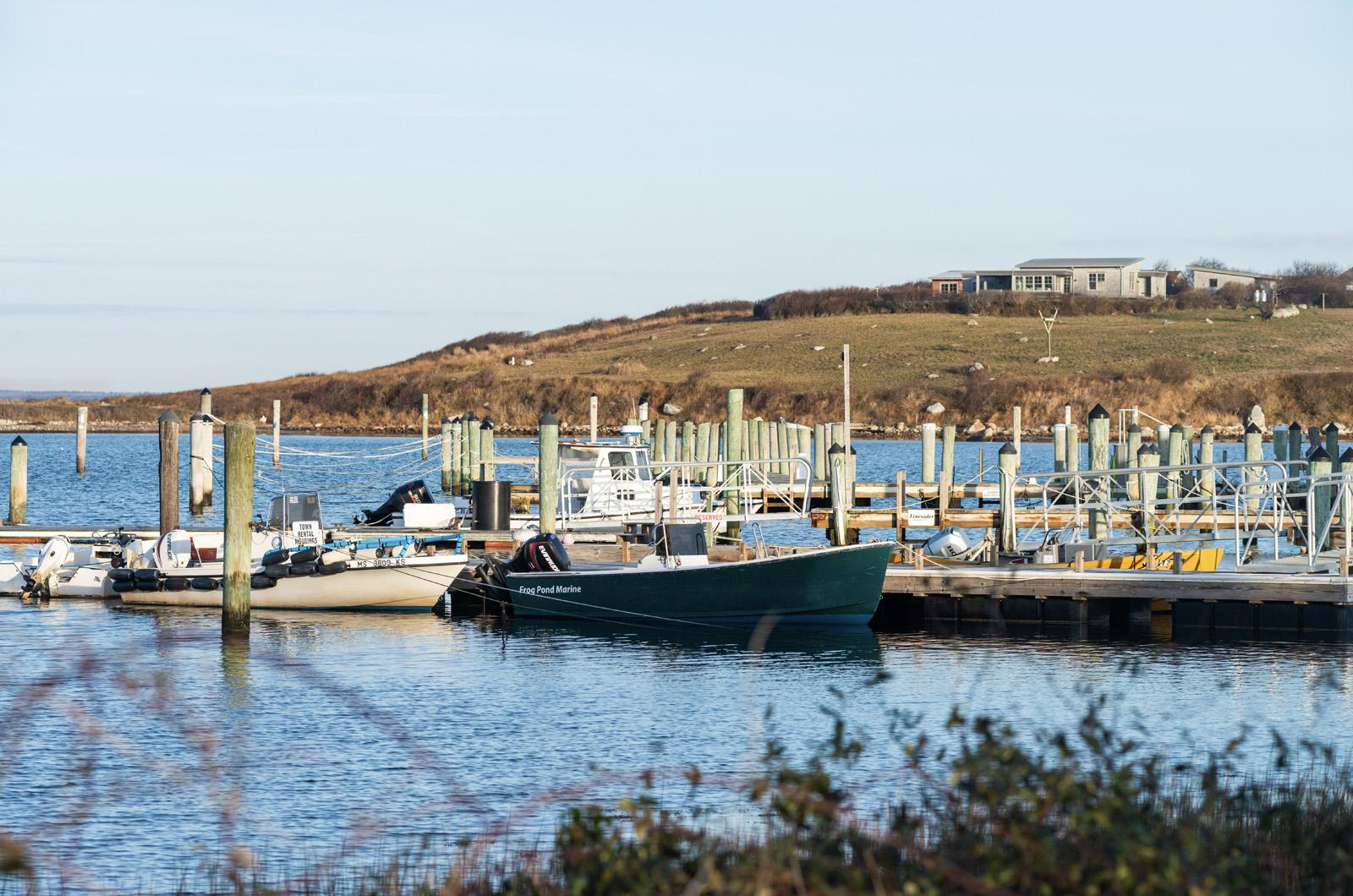Voters in Gosnold, the state’s smallest town, approved key funding last week to build a fuel farm after going three years without a reliable fuel source.
About 10 voters attended the Jan. 23 special town meeting on the island of Cuttyhunk and approved borrowing $500,000 to erect two 6,000-gallon fuel tanks. Town officials hope the construction can be done by summer, when the population on Cuttyhunk swells from about 12 people in the off-season to several hundred.
The issue of fuel has plagued Gosnold, a string of islands between Buzzards Bay and Vineyard Sound, since 2019, when the state found the island’s lone fuel provider was in violation of several environmental regulations. R.M. Packer Company, a Vineyard-based fuel business, had been running six underground fuel tanks on Cuttyhunk, the town’s main island. For decades the company had brought over, stored and sold fuel to island homes as well as the hundreds of boaters that seek out Cuttyhunk’s prized harbor.
But with the violations, R.M. Packer Company would have had to upgrade its facility, something that wasn’t financially feasible for the company because Cuttyhunk is such a small fuel buyer that it had already decreased its fuel usage by 40 per cent.
R/M Packer pulled its tanks, leaving the island without a place to store fuel. The company did continue to service the island on an ad hoc basis, but islanders and visitors alike started carrying their own gas cans to and from the mainland. Resident transporting and storing their own fuel raised safety concerns for town officials, who worried about the potential for fires or fuel spills.
“It puts a potential burden on the volunteer fire department,” said Gail Blout, a Gosnold select board member.
The town received a pair of state grants for the project, offsetting the enormous cost to the tiny town. But the community was still about $210,000 short of the $1.4 million low bid to build the new fuel tanks, prompting the special town meeting to raise an extra $500,000.
Ms. Blout said the town might not have to borrow the full $500,000 for construction, but officials felt it was prudent to give the project some wiggle room to make up for any unforeseen costs.
The town has already ordered the tanks and officials are hopeful they can be ready to go by June. The town is also on the hunt for a company to run the farm in the summer, though the municipality is ready to be its own vendor if no one steps up to the task.
“We don’t want to do it, we’re planning not to do it, “ said Ms. Blout. “But in the end if we have to, we will.”







Comments (1)
Comments
Comment policy »